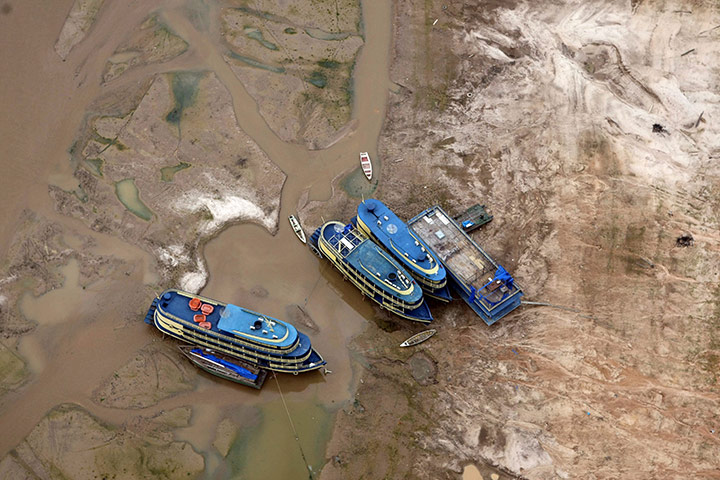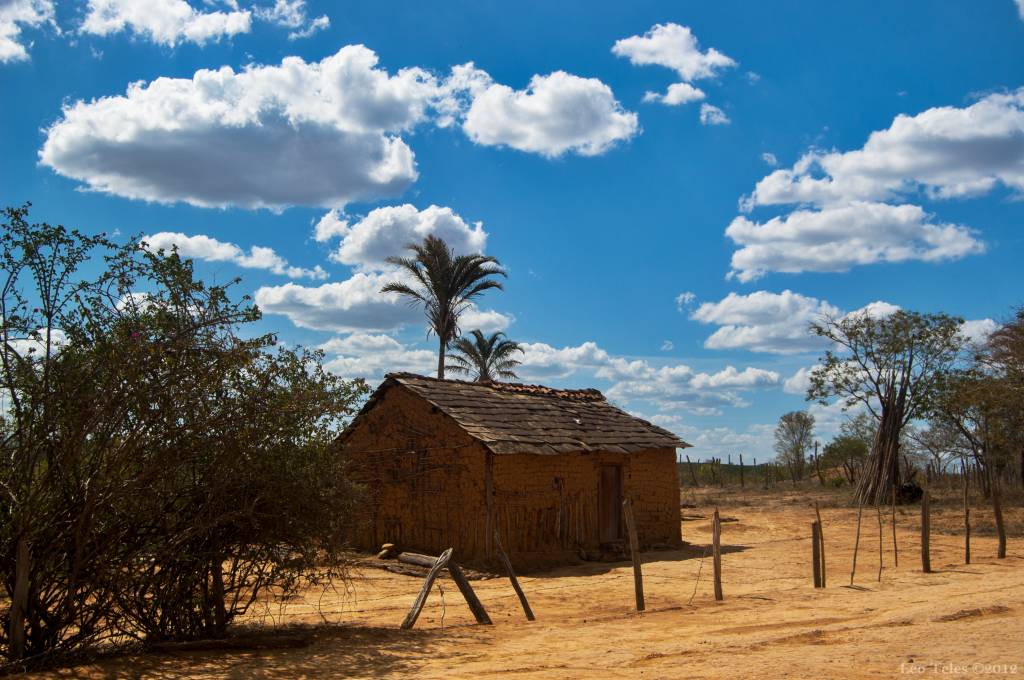The upcoming IPCC report on present and future impacts of climate change serves to reinforce what is already being observed by different communities in Brazil: the climate is becoming far more unstable, with the occurrence of more extreme weather events such as the current drought in the Southeast and the floods in the North of the country.
This summer, two regions in Brazil are suffering from opposite extreme weather conditions: in the North of the country, the people of Acre, a state located in the Brazilian Amazon, have been isolated from the rest of the country for over a week now because of record floods from the Madeira River. There is a food supply crisis, food price is rising and supermarket owners started to control the number of food items people are allowed to buy. Cars are running out of gas and, consequently, people are dying because ambulances can’t rescue those facing health emergencies.
In the Southeast, the state of São Paulo, where a great part of Brazil’s population is concentrated, is facing the worst drought in decades. Summer is the rainy season in the region, but the storms didn’t come this year and the main water reservoirs are almost empty – Cantareira System, which provides half of drinking water to South America’s largest city, registered today 13,8% of its capacity.
Agriculture, such as coffee production, is also being affected by the drought. The government started a campaign to give discount for those who save water but, because it is election year, there is no talk about the urgent need for rationing water. The state government does not talk about this, but poor neighborhoods are already under a water shortage regiment.
Moreover, most of the electricity in the country is generated by hydropower dams – if there isn’t enough rain and a long-term energy generation and efficiency plan to use different sources of renewable energy, Brazilians and the Brazilian economy will also most probably face an energy crisis during the World Cup and the upcoming election season.
We had the hottest summer in decades – São Paulo had the hottest summer in 71 years and, according to the Center for Weather Forecasting and Climate Research (CPTEC/INPE), out of the 10 hottest temperatures registered worldwide on December 31, 2013, 9 happened in Brazil.
Higher temperatures mean higher demand for energy. And unless there is immediate action to address climate impacts, Brazil’s black out will continue to put a serious strangle on peoples’ livelihoods.

